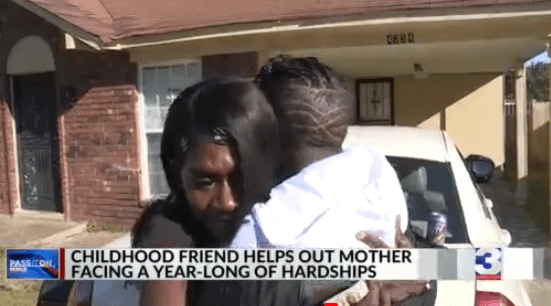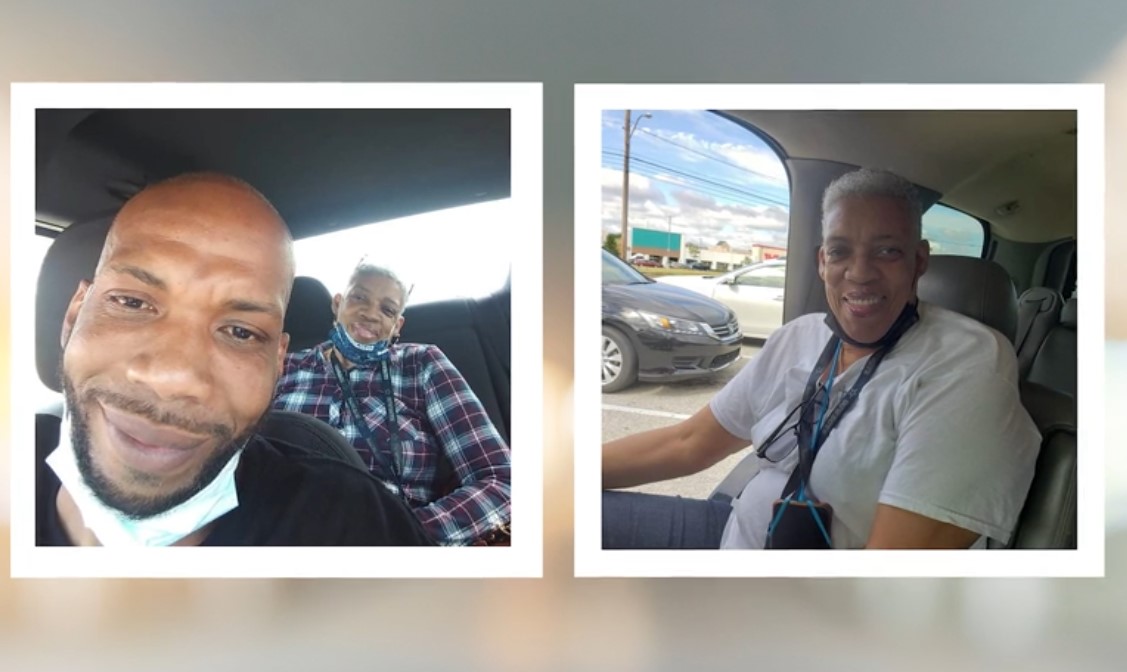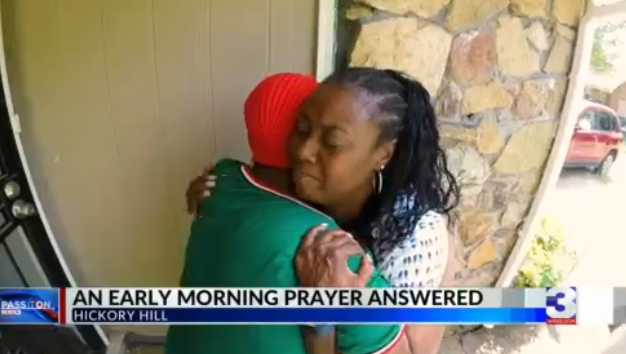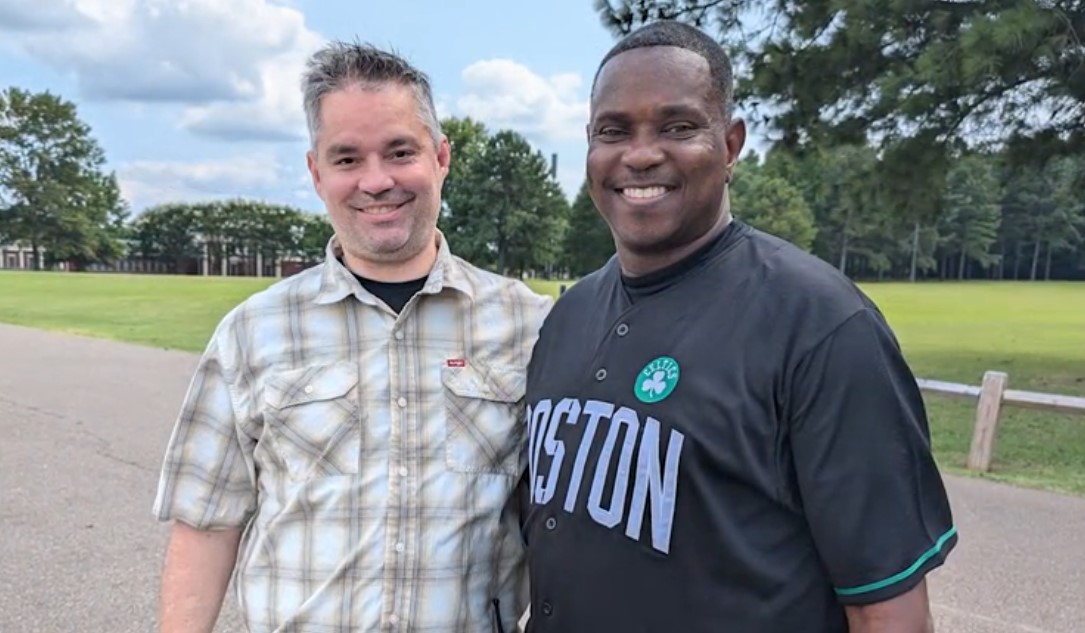MEMPHIS, Tenn. — The years-long lawsuit over burials at Galilee Memorial Gardens may be coming to an end soon.
Things look a lot better at Galilee after years of court fights. Now, it is no longer under court receivership, grave markers are at least noticeable and the cemetery is open for families to come visit.
That’s a far cry from more than a year ago, when people with loved ones buried there contacted WREG about the overgrown brush, weeds and unidentifiable grave markers.
In March 2020, LaTaria Smith couldn’t find her mom and daughter’s graves.
“Of course things have been rearranged there. When you go there it’s just a lot of mud and uneven land. It looks pretty chaotic,” Smith told us last year.
Smith is one of hundreds of plaintiffs who filed suit over how graves and burials were mishandled at Galilee over the years. They claimed graves were left unmarked, and bodies stacked one on the other.
“I have never seen the headstone I purchased for her. I don’t know what they did with her,” said Smith.
When the cemetery had nothing to go after in court, the plaintiffs sued a long list of funeral homes that used Galilee. After lengthy court fights, most of the funeral homes settled. In March 2020, they were going to court to determine the amount families would receive in a partial settlement.
But the pandemic hit. Now as things get back to normal, families want to know when they are getting their settlement funds.
Howard Manis is one of the attorneys handling a majority of the claims being made. He says the pandemic changed some things.
“We spent a lot more time on the phone than we probably would have, because that was the only way—that and our email—to communicate with our clients as to what was going on,” Manis said. “The court being down may have slowed it a little bit as well, because there was not as much frequency in front of the judge.”
He says the courts have narrowed down the number of deceased claimants to 787. So, no additional claims are being accepted.
The next step is determining if those filed are indeed valid and what surviving family members will get the funds. That’s where it gets tricky.
So far, 2,400 individuals have filed as claimants. Those people have to be verified, with the spouse in line to get the funds first. If there is no spouse, they go to the adult children, then to parents .
“If you don’t have any living parents, you then start going to brothers and sisters, and then after that you start going further down. Beyond that so you can see how, as you move down the chain it gets more difficult,” said Manis.
Other claims would also go to the person who signed the burial contract. Now the court has to figure out who is who.
There’s no word on when the judge will wrap up reviewing all the claims and make a final decision on who is eligible, but those who are denied will have an opportunity to appeal.
But Manis says no money has gone out to anyone other than stipends to the original plaintiffs in the suit. He has a message for the families who are still waiting.
“This is what’s left outstanding on this case; is to disperse the funds to the claimants that are lawfully entitled to it. But we don’t want to have happen is someone get money that didn’t deserve it, and someone who deserved it didn’t get it, and try to unwind that. And that would be a mess,” Manis said.
The lawsuit settlement was around $10 million, but a large part of that will go to attorney’s fees.






















